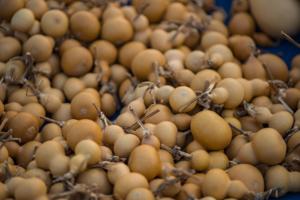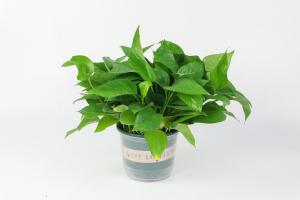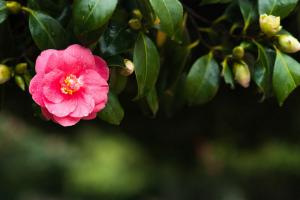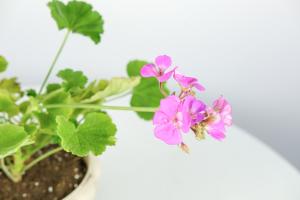When Do Cherry Tomato Plants Bear Fruit?
Cherry tomato plants are a popular fruit-bearing plant among gardeners and plant enthusiasts. These plants typically have a shorter growth cycle compared to regular tomato plants, allowing them to produce fruit earlier in the season. In this article, we will discuss the various factors that affect when cherry tomato plants bear fruit.
The Type of Cherry Tomato Plant
When it comes to the cherry tomato plant variety, there are many different types to choose from. Some species of cherry tomato plants are known for their early fruit production, while others take longer to produce fruit. If you are looking for a cherry tomato plant that bears fruit early in the season, consider planting the “Early Girl” or “Sungold” variety. These plants typically bear fruit within 60-65 days after planting.
Climate and Weather Conditions
A significant factor that affects when cherry tomato plants bear fruit is the climate and weather conditions in the area where the plant is grown. Cherry tomato plants require plenty of sunshine and warm temperatures to produce fruit. If the weather is too cold, or the plant is exposed to too much shade, the plant may take longer to bear fruit or not produce fruit at all.
Fertilization and Soil Health
Another factor that affects when cherry tomato plants bear fruit is fertilization and soil health. Cherry tomato plants require nutrient-rich soil to grow, and regular fertilization is crucial to ensure that the plant is healthy and produces fruit. If the soil lacks essential nutrients or is too acidic, this could affect the plant's growth and could delay when the plant bears fruit. It is recommended to fertilize cherry tomato plants every two to three weeks with a balanced fertilizer to ensure proper growth.
Pests and Diseases
Pests and diseases can also affect when cherry tomato plants bear fruit. If the plant is infested with pests such as aphids or mites or suffers from diseases such as blight, then the plant may not produce fruit or could take longer to produce fruit. It is essential to monitor your cherry tomato plants regularly and take action to prevent pests and disease from infesting the plant.
Conclusion
When it comes to when cherry tomato plants bear fruit, many factors can affect the plant's growth and fruit production. To ensure that your cherry tomato plant bears fruit early in the season, it is recommended to choose an early fruit-producing variety, provide enough sunshine and warmth, fertilize the plant regularly, and take steps to prevent pests and diseases from infesting the plant. By following these tips, you can ensure your cherry tomato plant produces a bountiful harvest of sweet and juicy cherry tomatoes.

 how many times do yo...
how many times do yo... how many planted tre...
how many planted tre... how many pine trees ...
how many pine trees ... how many pecan trees...
how many pecan trees... how many plants comp...
how many plants comp... how many plants can ...
how many plants can ... how many plants and ...
how many plants and ... how many pepper plan...
how many pepper plan...
































